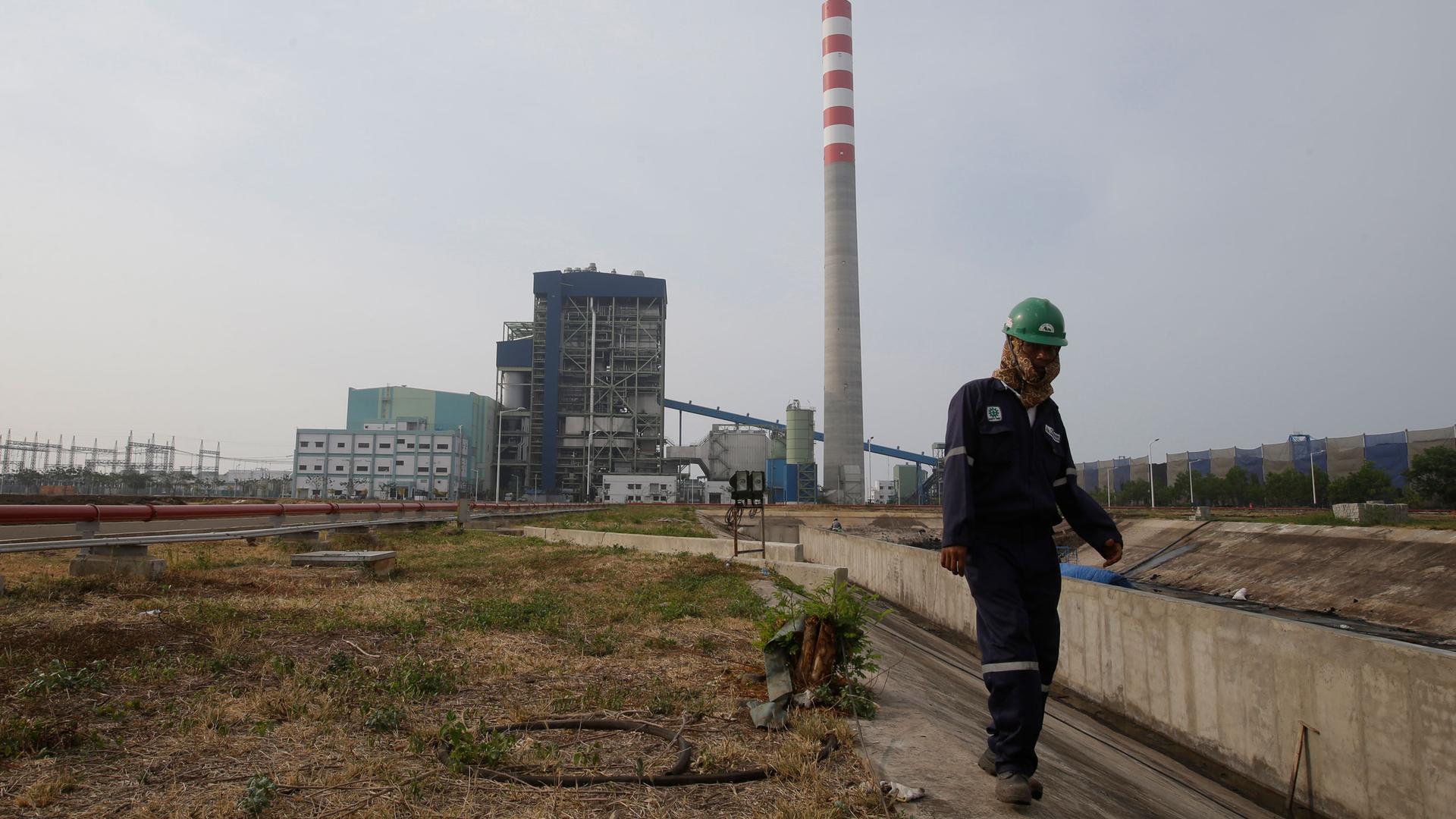In an effort to protect Indonesia’s thermal coal supply, the country imposed an export ban in early January.
Indonesia has now indicated that it will ease the ban after several countries across Asia that depend on the crucial commodity — such as Japan, South Korea and the Philippines — came calling on Jakarta to continue exporting coal.
Indonesia is the world’s largest exporter of thermal coal.
Related: What’s behind unrest rocking oil-rich Kazakhstan
The Jan. 1 ban was put into place just a day after the country’s main electricity supplier, PLN, warned the government that its coal reserves were critically low.
Fearing widespread power disruptions, however, coal exports were banned for the entire month of January.
“It would be very embarrassing for the government if we start the year 2022 with massive blackouts. … So, the government acted quickly with the export ban.”
“It would be very embarrassing for the government if we start the year 2022 with massive blackouts,” said Rocky Intan, a researcher for the Jakarta-based Center for Strategic and International Studies. “So, the government acted quickly with the export ban.”
Coal prices shot up across the region as a result of the ban, while vessels, packed with coal, sat idle in Indonesia’s harbors.
Earlier this week, after various meetings among government officials and coal producers, the Indonesian government said the stockpile situation for PLN had improved.
Related: Green-conscious Norway will dig a new copper mine in the Arctic
A self-made problem
Officials recently said they would work to renegotiate the problematic policy that put the country’s domestic coal reserves in a tenuous situation in the first place.
Coal producers in Indonesia currently make more money exporting their product than selling it at a government-capped price to domestic buyers, like PLN, Intan explained.
The domestic market obligation (DMO) — coal that stays in Indonesia — requires producers to sell 25% of production to local buyers at the capped price of around $70 per ton. The government’s benchmark for coal exports is significantly higher — at about $200, Intan explained.
“So once PLN loses out because of lower domestic prices, it became a problem,” he said.
Over 400 coal producers did not sell coal to domestic buyers in 2021, according to various media reports.
Rory Simington, a research analyst at Wood Mackenzie, said the other issue is that the DMO policy is “quite a blunt instrument.”
“There’s always been this sort of conflict between the overall requirement of the DMO and what the domestic market actually requires. … It’s not a particularly accurate scheme.”
“There’s always been this sort of conflict between the overall requirement of the DMO and what the domestic market actually requires,” he said. “It’s not a particularly accurate scheme.”
And until these issues are resolved, Simington said, there’s still a lot of uncertainty in the global thermal coal market for everyone moving forward.
Related: Electricity rates have skyrocketed in Brazil. The govt says the water crisis is to blame.
An overdependence on coal
If Indonesia had enforced its ban for all of January, experts say it would have had a major impact, as it makes up nearly half of the world’s coal market.
In 2020, the country exported over 400 million tons alone.
In turn, millions of people who depend on that coal would be affected. That includes several countries in the 10-member bloc of the Association of Southeast Asian Nations, or ASEAN.
“Everyone may have been impacted but I believe that in ASEAN, it is the Philippines that is most impacted by the export ban.”
“Everyone may have been impacted but I believe that in ASEAN, it is the Philippines that is most impacted by the export ban,” said Alberto Dalusung III, an energy policy expert with the Manila-based Institute for Climate and Sustainable Cities.
Related: Glasgow summit pledge to phase out fossil fuel subsidies faces an uphill battle
Over 50% of the power in the Philippines is generated by coal and Dalusung said they don’t really have other reliable energy alternatives like Vietnam, which has hydropower, or Malaysia, which has oil and gas.
“If it was a longer period of export ban, it definitely would mean blackouts. Even without that, today we are on yellow alert, meaning not enough coal capacity,” he said.
The Philippine government acknowledges its overdependence on coal, Dalusung said, but the Indonesian coal ban adds another concern: the risk of relying too much on imported fuel.
Related: World leaders agree to help South Africa phase out coal
“The lesson is that, just because we can pay for coal, we can assume that we can access it for our needs. Coal becomes a commodity of national interest during international disruptive events,” he said.
